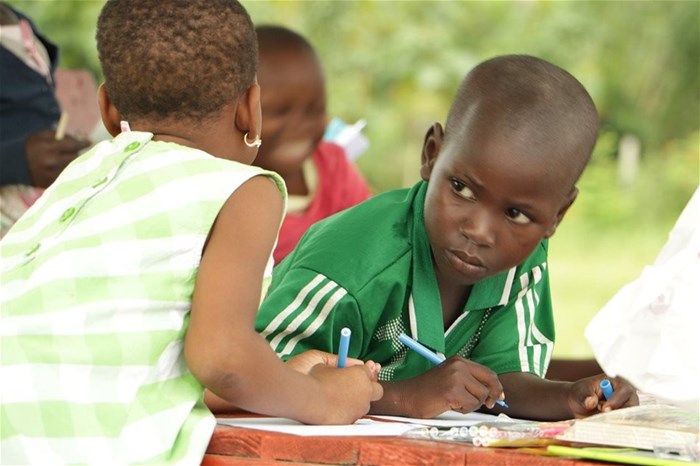
Related
Top stories





Marketing & MediaAds are coming to AI. Does that really have to be such a bad thing?
Ilayaraja Subramanian 16 hours

More news
















To expedite this solution, Dr Corrin Varady, CEO of edtech platform IDEA, emphasises the need for public-private partnerships to complement the Government's plan and rapidly improve these outcomes.
“The children most affected are those who speak African languages and attend no-fee schools, where the curriculum was disrupted due to the pandemic,” he highlights. “Consequently, learners in the country's poorest schools are falling further behind their counterparts in more privileged institutions, exacerbating existing inequalities.”
While commending the Department for ensuring culturally appropriate reading materials will be developed in all African languages, Dr Varady believes that partnering with private companies capable of digitally deploying materials and training programs will accelerate the distribution process. “This approach can contribute to establishing an equitable future for all pupils by closing the gap faster while improving their digital literacy and computer skills.”
“There is a misconception that children from low-income areas are unable to benefit from digital learning opportunities due to a lack of infrastructure and internet access,” he says. “However, tailored and low-cost solutions designed specifically for these schools do exist. By encouraging private companies to provide additional infrastructure support, present challenges can be addressed.”
“Considering South Africa's persistent youth unemployment rate, which shows no signs of improvement, now is the opportune moment for everyone to contribute to empowering the country’s children with essential skills, ensuring they have the same opportunities as their more advantaged peers,” Dr Varady concludes.